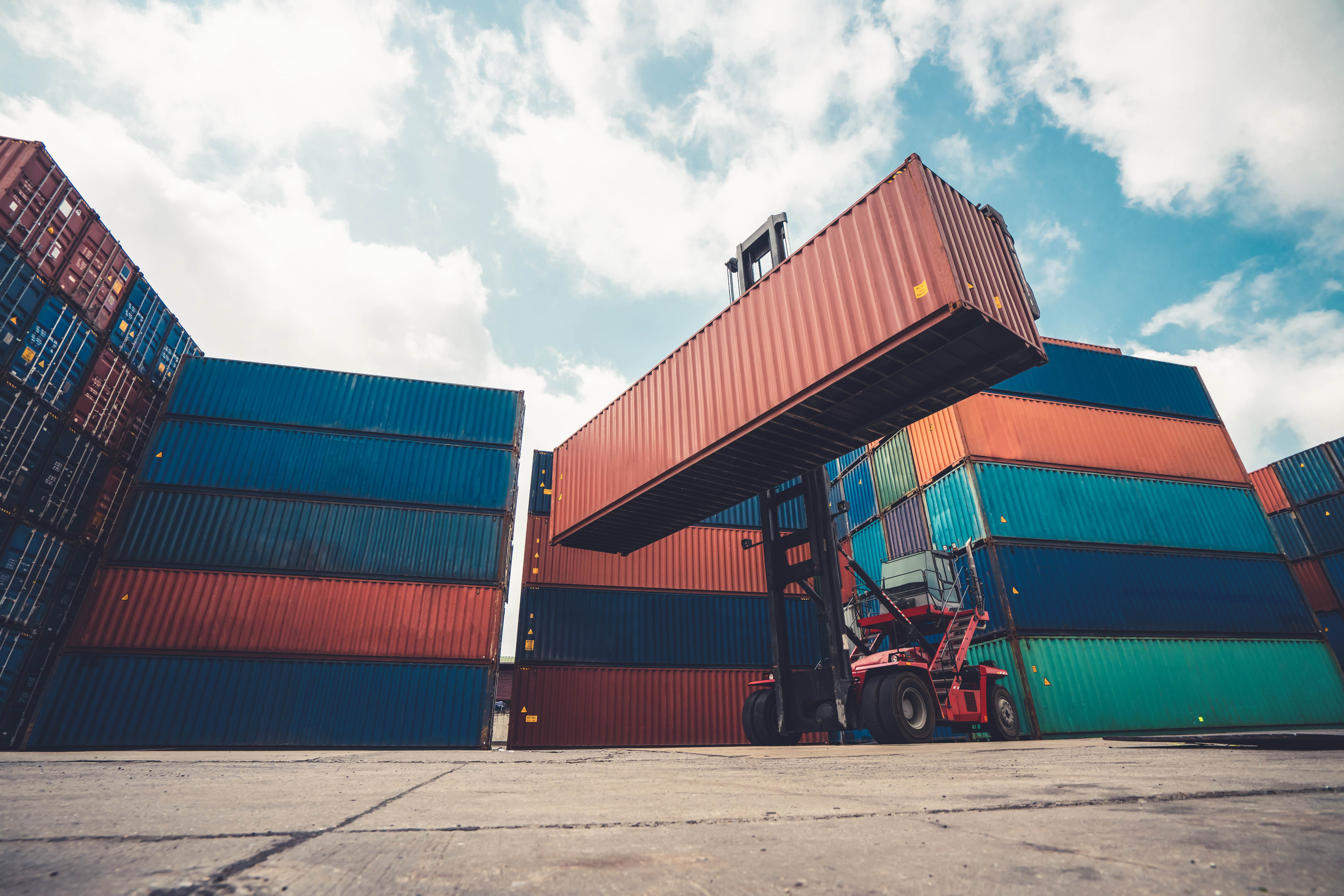« Après l’ouverture d’une ambassade taïwanaise de facto à Vilnius, la Chine a officiellement rétrogradé ses relations politiques et commerciales avec la Lituanie. Depuis, le pays balte aurait disparu du système douanier de la Chine qui, à son tour, aurait cessé d’accepter non seulement les produits lituaniens, mais également les produits d’autres pays membres de l’Union européenne.
Selon des articles de presse, les industries impactées par ces développements seraient diverses. Des marchandises de toutes sortes seraient touchées et, par conséquent, beaucoup de ports seraient également affectés. Le commerce entre les différents pays semblerait pris en otage par une politique commerciale qui tournerait de plus en plus en une crise politique et diplomatique.
Dans ce contexte, j’aimerais poser les questions suivantes à Monsieur le Ministre des Affaires étrangères et européennes et à Monsieur le Ministre de l’Économie :
- Messieurs les Ministres, sont-ils au courant d’entreprises luxembourgeoises impactées par ces développements ?
- Est-ce que la décision de la Lituanie d’ouvrir un bureau de représentation pour le Taïwan sous son propre nom avait été discutée au niveau européen ? Dans l’affirmative, quelles en étaient les conclusions ? Les autres Etats membres, soutiendront-ils la Lituanie dans sa démarche ?
- Dans l’attente d’une réaction européenne, est-ce que la Chine a annoncé d’autres mesures qui pourraient impacter la politique commerciale internationale ?
Est-ce que cette affaire risque d’avoir des conséquences politiques pour les relations UE-Chine ? »






